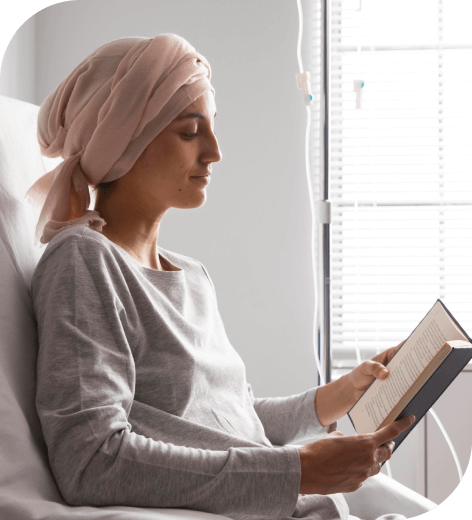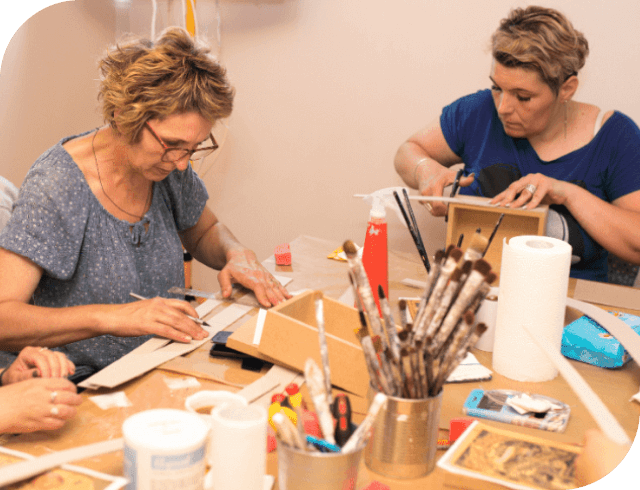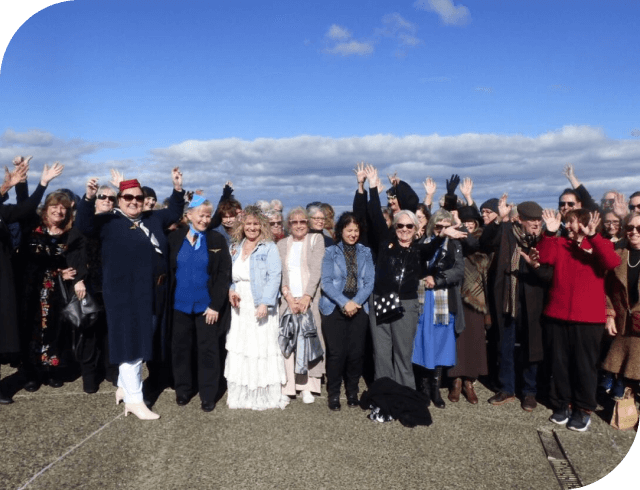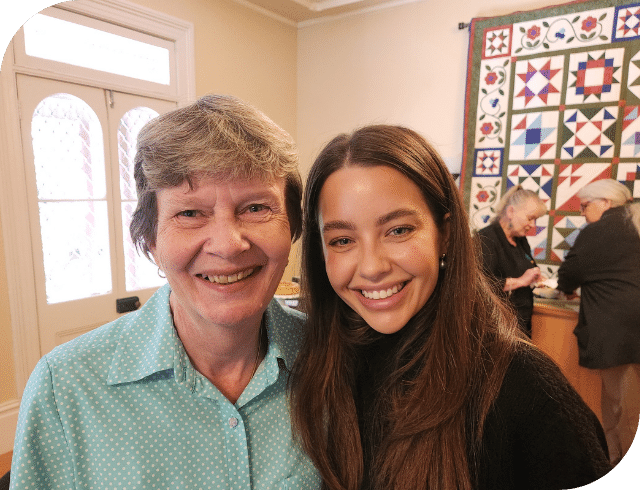
Wellness And Therapy Guides
Reiki
What is Reiki?
Reiki is a gentle and non-invasive energy healing practice, with the word “Reiki” translating to “universal life energy”. Practitioners channel this energy to balance the body’s natural energy flow, fostering healing and wellbeing.
During a session, the practitioner directs energy through their hands, either by placing them on or slightly above the client. Unlike some energy modalities, where practitioners actively intervene with energy blockages, Reiki aims to stimulate the client’s innate self-healing abilities.
Reiki assists in restoring internal energy balance and empowering you to regain control over your wellbeing.

Reiki is a gentle and non-invasive energy healing practice, with the word “Reiki” translating to “universal life energy”. Practitioners channel this energy to balance the body’s natural energy flow, fostering healing and wellbeing.
During a session, the practitioner directs energy through their hands, either by placing them on or slightly above the client. Unlike some energy modalities, where practitioners actively intervene with energy blockages, Reiki aims to stimulate the client’s innate self-healing abilities.
Reiki assists in restoring internal energy balance and empowering you to regain control over your wellbeing.
Benefits for People Living With Cancer

Research suggests that Reiki may significantly alleviate pain, mood, distress, appetite and sleep disturbances commonly experienced by people living with cancer. Additionally, it may help reduce cancer-related fatigue and improve overall quality of life.
One of the key advantages of Reiki is its ability to provide pain relief and enhance psychological wellbeing without the potential side effects associated with more invasive or pharmaceutical-based treatments.
Reiki promotes a calming effect, encouraging a peaceful state of mind that can enhance cognitive function, memory, and learning capabilities.
By promoting relaxation and reducing stress, Reiki supports the body’s natural healing processes.
Benefits for People Living With Cancer
Research suggests that Reiki may significantly alleviate pain, mood, distress, appetite and sleep disturbances commonly experienced by people living with cancer. Additionally, it may help reduce cancer-related fatigue and improve overall quality of life.
One of the key advantages of Reiki is its ability to provide pain relief and enhance psychological wellbeing without the potential side effects associated with more invasive or pharmaceutical-based treatments.
Reiki promotes a calming effect, encouraging a peaceful state of mind that can enhance cognitive function, memory, and learning capabilities.
By promoting relaxation and reducing stress, Reiki supports the body’s natural healing processes.
Benefits for Carers
Reiki sessions can alleviate physical tension, improve sleep quality, and boost energy levels, allowing carers to recharge and maintain their vitality.
This holistic therapy also supports emotional resilience, providing a soothing sanctuary for carers to release emotional burdens and find inner peace.

Reiki sessions can alleviate physical tension, improve sleep quality, and boost energy levels, allowing carers to recharge and maintain their vitality.
This holistic therapy also supports emotional resilience, providing a soothing sanctuary for carers to release emotional burdens and find inner peace.
What to Expect from Your Session

During a Reiki session, you can anticipate a calming and nurturing experience focused on restoring balance. The session will begin with a brief discussion between you and the practitioner, where you may share any specific concerns or intentions for the session.
Typically, you’ll lie down on a comfortable treatment table, fully clothed, or you can choose to remain seated if preferred. Your practitioner may begin with a guided relaxation or meditation exercise to help you ease into the session.
The practitioner will gently place their hands on or slightly above your body, focusing on specific energy centres known as chakras or areas of tension. As the Reiki energy flows through the practitioner’s hands, you may experience sensations of warmth, tingling, or deep relaxation.
Throughout the session, you’re encouraged to simply relax and allow the healing energy of Reiki to flow. Afterward, you may feel rejuvenated, balanced, and more balanced emotionally, mentally, and spiritually.
What to Expect from Your Session
During a Reiki session, you can anticipate a calming and nurturing experience focused on restoring balance. The session will begin with a brief discussion between you and the practitioner, where you may share any specific concerns or intentions for the session.
Typically, you’ll lie down on a comfortable treatment table, fully clothed, or you can choose to remain seated if preferred. Your practitioner may begin with a guided relaxation or meditation exercise to help you ease into the session.
The practitioner will gently place their hands on or slightly above your body, focusing on specific energy centres known as chakras or areas of tension. As the Reiki energy flows through the practitioner’s hands, you may experience sensations of warmth, tingling, or deep relaxation.
Throughout the session, you’re encouraged to simply relax and allow the healing energy of Reiki to flow. Afterward, you may feel rejuvenated, balanced, and more balanced emotionally, mentally, and spiritually.
References
- Reiki | Reiki Australia
- Reiki | NCCIH
- Reiki Self-Treatment | Cleveland Clinic
- Reiki | SoulAdvisor
- Symptomatic Improvement Reported After Receiving Reiki at a Cancer Infusion Center | Dawn A. Marcus, Betsy Blazek | Jennifer L. Kopar, 2013 | SAGE Journals
- Pilot Crossover Trial of Reiki Versus Rest for Treating Cancer | Related Fatigue | Kathy L. Tsang, Linda E. Carlson, Karin Olson, 2007 | SAGE Journals
- Effects of Reiki on Post-cesarean Delivery Pain, Anxiety, and Hemodynamic Parameters | A Randomized, Controlled Clinical Trial | Pain Management Nursing
- The increasing use of reiki as a complementary therapy in specialist palliative care | International Journal of Palliative Nursing
- Reiki Is Better Than Placebo and Has Broad Potential as a Complementary Health Therapy | David E. McManus, 2017 | SAGE Journals



